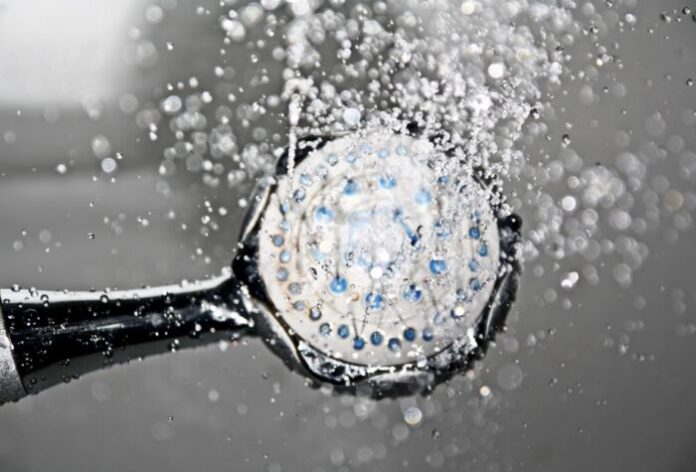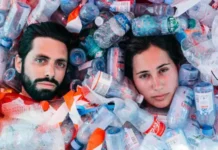
Wash your hands very often, clean surfaces well … essential actions in this moment of great difficulty, but there has been a 20-30% increase in drinking water consumption. This was revealed by the WWF which has drawn up a series of useful tips to reduce water and energy consumption.
In fact, the winter just past, with temperatures well above the average expected in the period and a deficit of rains, means that the situation, in view of the summer, is not rosy. Due to climate change, the future will increasingly be characterized by unpredictable weather events and greater water shortages; therefore, it is important that all of us choose to use it more efficiently, avoiding unnecessary waste, however very expensive. This also applies to the consumption of all other forms of energy at all times of life in the home.
In the bathroom – We turn off the tap while we soap our hands (carefully). The same for teeth and beard. At least 6 liters of water are saved per minute. We do not use the toilet as if it were a rubbish bin: do not throw plastic (such as contact lenses, wipes, floss or scraps from tempered pencils), oils and substances harmful to the environment. This avoids polluting the waters and seas and having to use the toilet more often (with a saving of about 10 liters of water per drain). We take quick showers (considering that we consume at least 10 liters per minute) and leave the washing in the tub, and its 150 liters to fill it, at a special moment and not dedicated to daily hygiene. Finally, always remember that when we save hot water, we are also saving CO2.
In the kitchen – It is essential to wash fruit and vegetables thoroughly, but as a first step, let them soak in warm water for 10 minutes and then rinse them under running water. If we want to put a part in the fridge, we recommend washing them (and drying them). With the initial soaking, the water savings can be significant and we can use the vegetable water to water the house plants.
There is no risk of transmission of CoVID-19 from tap water and there are no health reasons that should induce consumers to resort to bottled water. It would be a big saving if we also consider the energy used for the PET production of the bottles and what is consumed to deliver them on the shelves of our supermarkets and to dispose of the plastic.
With appliances – We carry out full load washes for washing machines and dishwashers, saving water, energy and therefore money (up to 30 euros per year and emissions reduced by 50%). We avoid pre-washing, we clean the gaskets and filters: those of the washing machine, clean them with a cloth that we will throw in the undifferentiated, in addition to the dirt there are in fact the microfibers released from our clothes, rinsing under water is equivalent to making them end up at sea! We use fast cycles and at low temperatures. No drying, neither for dishes nor for cloths: for the dishwasher, just open the door as soon as the washing is finished and for the clothes, hang them in the air, it is good to know that the use of the dryer triples the cost of each laundry. We pay attention that the “half load” washing programs do not halve the consumption, they only reduce them by 20-30% (a full load washing costs less than two half load washing).
Among the virtuous behaviors for the use of the refrigerator, we place it in the coolest part of the kitchen, away from heat sources (from the stove, from the oven) and at least 5 cm from the wall. We do not overload the refrigerator with foods that would prevent proper air circulation. Attention also to the thermostat: setting temperatures below 4 ° C does not help to preserve food and increases energy consumption. For the iron, a trick to save money is to use the water from the dehumidifier or air conditioner as this is limestone-free.






































